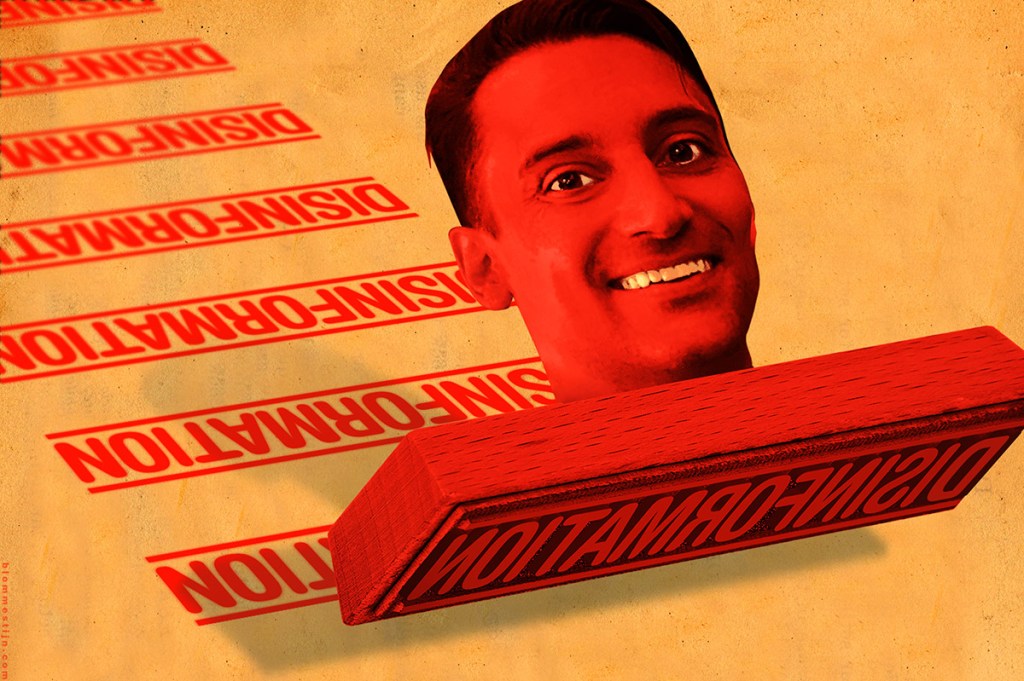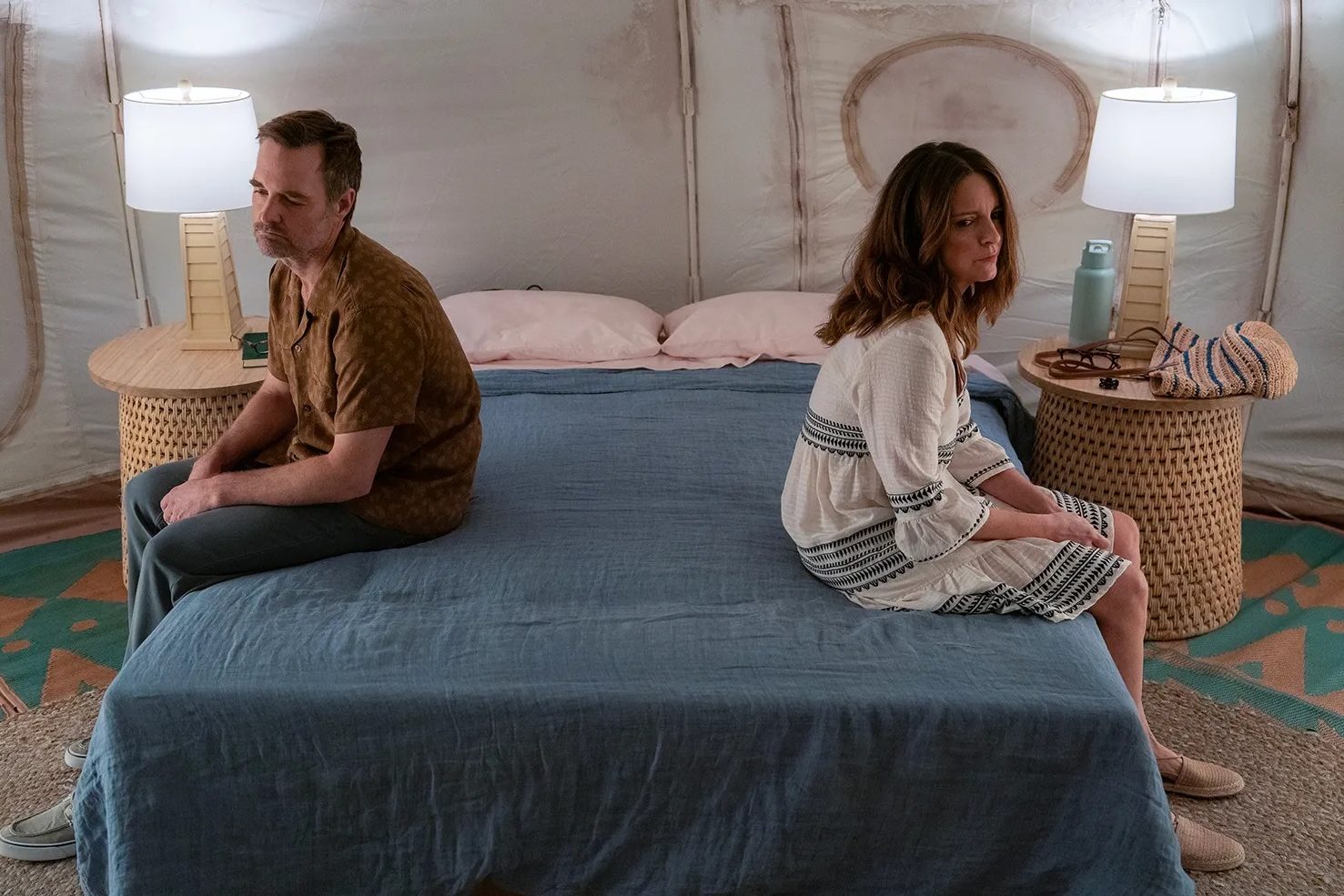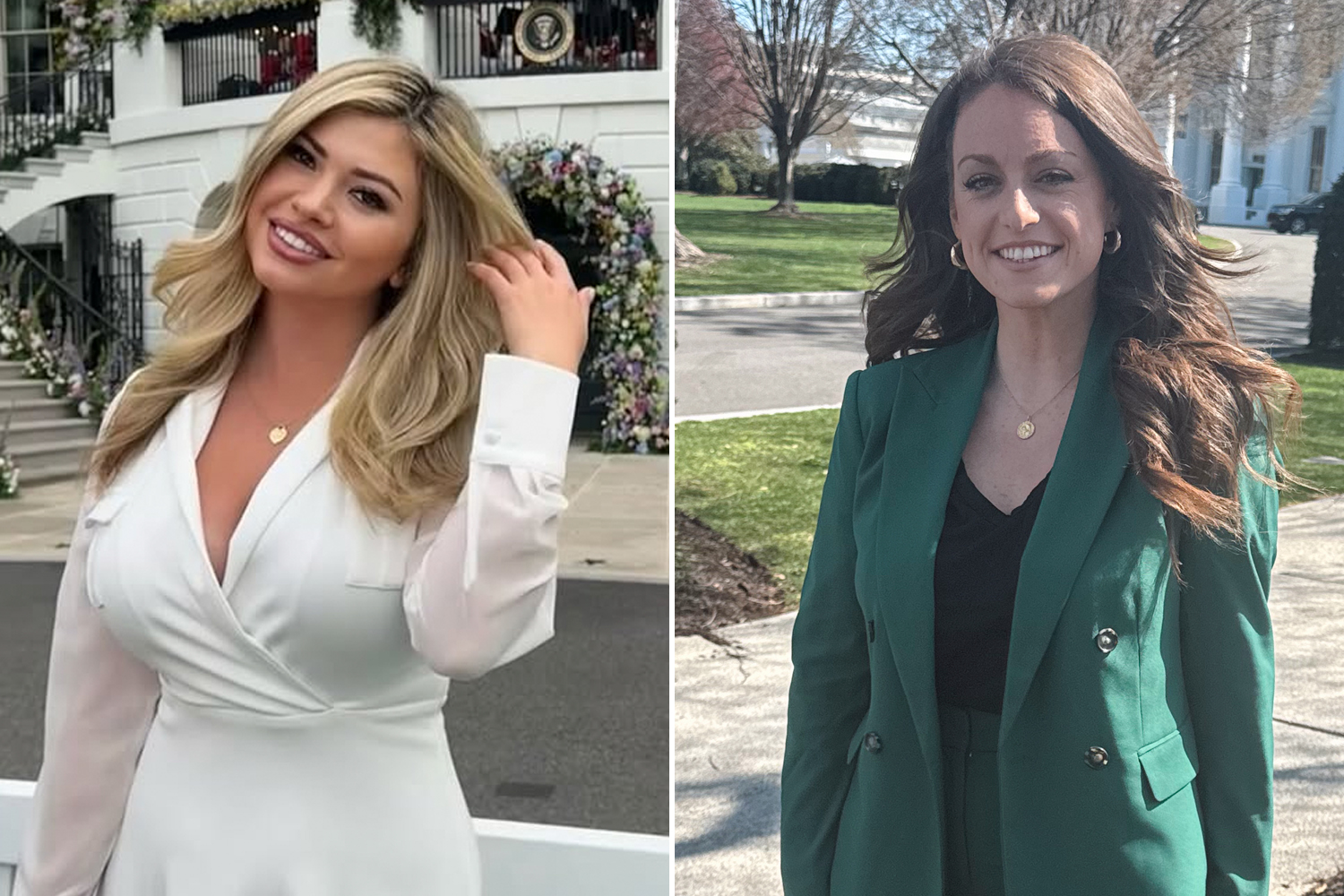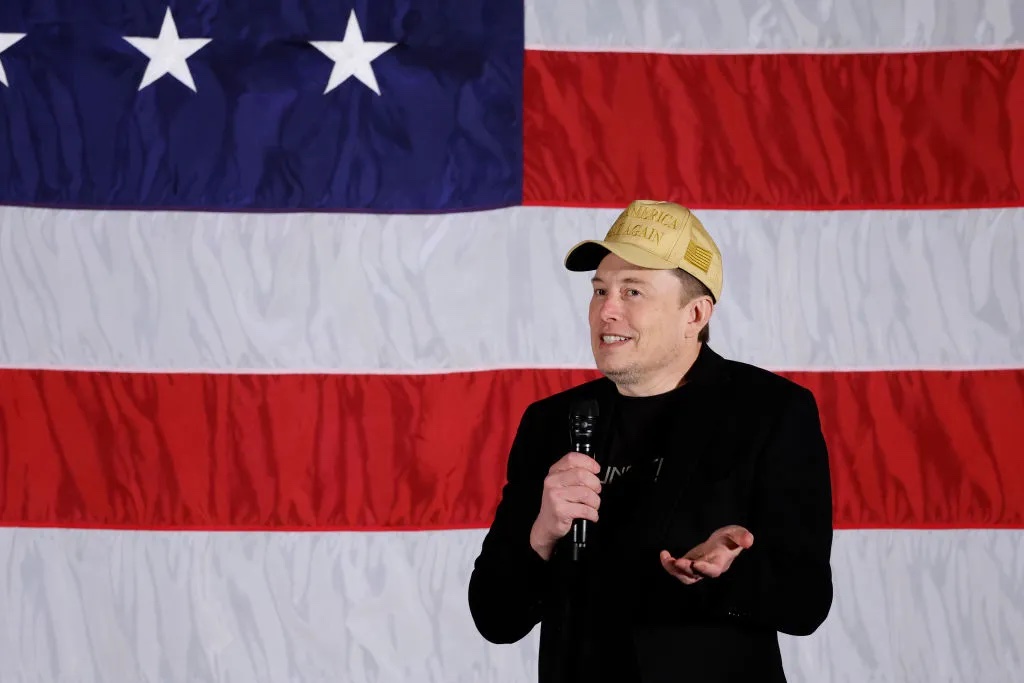A couple of months ago, I wrote an article about the growing group of so-called “disinformation experts” who use their platforms to lobby for censorship of information they find politically inconvenient or personal objectionable. Within this group are the “disinformation reporters.” They claim to cover how conspiracy theories spread around the internet and translate to real world harm.
Really, these people are left-wing activists who abuse the journalistic entities they work for to push social media companies to remove conservative content from their platforms. For example, they were some of the loudest voices claiming that the Hunter Biden laptop story was “Russian disinformation” and rejecting any legitimate discussion about the efficacy of the Covid vaccines or the lockdowns.
“Maybe I’m overgeneralizing from a sample of two or three people but, like, the most prominent ‘misinformation reporters’ are both very partisan and very often spread misinformation,” Nate Silver, founder of FiveThirtyEight, tweeted this past November.
One of these reporters is Ben Collins, who covers the disinformation and “dystopia” beat for NBC News. Collins has gained notoriety in media and political circles in recent months thanks to his penchant for crying on national television and drawing tenuous connections between prominent conservatives and unrelated tragedies; for example the Colorado LGBTQ nightclub shooting, which Collins tried to blame on Tucker Carlson before discovering the shooter was non-binary.
About a month ago, NBC News suspended Collins from talking about Twitter, one of his primary coverage areas, because he had repeatedly launched personal attacks on its new billionaire owner, Elon Musk. Collins accused Musk of trying to deliberately tank the social media app, and said journalist Matt Taibbi was doing “humiliating shit” by reporting out a set of internal documents dubbed the “Twitter Files”. NBC supposedly told Collins that his commentary was editorially inappropriate. Collins has not bylined an article since the suspension and his social media usage in recent weeks has been largely limited to retweets of other individuals’ work. NBC did not respond to a request for comment.
NBC did the right thing suspending Collins. But the real question is why they hired him in the first place given his history of publishing left-wing agitprop.
Collins is from Massachusetts and attended Emerson College from 2006 to 2010. According to an interview with the Berkeley Beacon, the school paper that Collins wrote for while an undergraduate student, Collins dreamed of being a music columnist. His columns at the Beacon included an article about a glam rock event in Boston and a review of Meghan McCain’s taste in music. Unsurprisingly, he did not go on to work in music journalism. Instead, he wrote articles for Slam, a basketball magazine, and then helped Hulu edit its news content and create its Tumblr page.
Collins did not unmask himself as a woke warrior until he started writing political commentary pieces when he was hired as an editor at Esquire magazine in 2013.
“The police have too much power in America and the press is afraid to say it outright,” Collins wrote in a 2014 piece about the Ferguson riots. “We’re afraid that we will be treated like black people by police.” In another article on that topic, Collins defended looting as “a side effect of hyperconsumerization in a place where the demolition of consumer goods is the only way for those in power to listen” and claimed the “far-right” media was being harsh on the Ferguson protesters because they were black. He also repeated the idea — which has been proven false by forensic evidence — that Michael Brown was shot by a racist cop.
Collins moved to the Daily Beast in December 2014 and began writing about, as he put it in an interview, “vaguely internetty things.” The following August, Collins was inspired to start covering online disinformation when his college roommate’s girlfriend, Alison Parker, was murdered while doing a local news report.
“I went to college with Chris Hurst, whose longtime girlfriend was shot and killed on live TV by a disgruntled coworker. While he was being bombarded with all of this stuff, with the videos and the photos of the actual shooting all over the web, I Googled his name,” Collins recounted in a 2018 interview. “In the first couple of pages of results, no matter where you went, you’d mostly see ‘Chris Hurst crisis actor.’”
Collins decided to write about the conspiracy theories surrounding Parker’s death, including calling some of the people responsible for spreading these theories and trying to convince them that they were wrong. Collins suggested this article put him on the forefront of understanding and tracking online conspiracies — “I remember pitching a story about it at the morning meeting at the Beast, asking people if they knew what a crisis actor was. Pretty much nobody did, and it occurred to me I didn’t even know when I learned the word” — a somewhat odd assertion considering Parker’s death occurred at least a year and a half after the Sandy Hook shooting.
That being said, the Alison Parker and Chris Hurst conspiracies can perhaps help us understand why Collins has spent the past few years of his reporting career blaming online misinformation and hate on the “alt-right” and “far-right” while mostly dismissing left-wing lies. The Parker conspiracists were Second Amendment activists who believed that the newscaster’s murder was fabricated by the US government with the intention of pushing gun control legislation. Meanwhile, Hurst is a gun-grabbing progressive. After Parker’s murder, he ran for the Virginia House of Delegates on a pro-gun control and abortion platform, opposed a natural gas pipeline, and supported “LGBTQ rights.”
If Collins’s first personal experience with online conspiracies was that right-wingers were causing emotional pain to his grieving left-wing friend, then it stands to reason he might view every “vaguely internetty story” — with a few exceptions — through this lens. And why he might go beyond just reporting on these stories by actively trying to suppress content he views unfavorably.
Jon Ronson, who wrote a book about the early days of cancel culture, told Collins that online hate is “not… a political construct.” In his last column for the Daily Beast, Collins himself wrote that online extremism comes in “all stripes” and can “erode party lines.” But ultimately, Collins could not set aside his personal political proclivities. When he moved to NBC News in 2018 — bringing along his Daily Beast coworker, Brandy Zadrozny — nuance became seemingly less important than punishing his political enemies.
In his numerous articles for NBC News, Collins downplayed antifa, the left-wing violent protest group, accused anti-vaccine mandate groups of spreading lies, suggested Musk is allowing misinformation to proliferate on Twitter by firing biased content moderators, alleged that the Freedom Convoy truckers’ real goal is to get Trump back in office and implement military tribunals for CDC officials, failed to mention the Buffalo, NY shooter’s many left-wing views, and blamed conservative commentators for violence against LGBTQ people.
In the aftermath of the Colorado Springs nightclub shooting, Collins cried on NBC News while asking what reporters can do differently to stop “hate” from spreading online. The “hate” being public condemnation of sexually inappropriate material and events being available to children. In other words: Collins wants to know how he can better compel social media companies and web hosts to remove content that he personally deems problematic.
Charles C.W. Cooke identified Collins’s motivations perfectly in a recent column for National Review: “He’s not interested in truth or lies, information or disinformation, utopia or dystopia. He’s interested in control.”
Although NBC leadership believed Collins went too far in his attempts to control Twitter, his colleagues publicly cheered him on.
“If we have any hope of reigning in the epidemic of distrust, we have to support those who shine light onto darkness,” Ezra Kaplan, a former NBC producer, said about Collins. (Kaplan was laid off from NBC on Friday.)
“In a war against truth, journalism can look like activism. But the truth is, Ben Collins is a stellar reporter and the beat suffers when he’s not on it,” NBC reporter Brandy Zadrozny said.
Collins exemplifies a crisis that is plaguing newsrooms across the country. The New York Times, Politico, the Washington Post and other major media companies hire progressive activists posing as information gatherers and give them the power to shape national news coverage. These activists, who reject basic journalistic ideas such as objectivity and covering both sides, use their positions to advance left-wing orthodoxy and smother dissent. When newsroom leaders try to put the genie back in the bottle, they are met with internal revolts and public shaming. (I write about this phenomenon — and what can be done to stop it — in my upcoming book, The Snowflakes’ Revolt: How Woke Millennials Hijacked American Media.)
As media executives spend their next quarterly meeting panicking about declining viewership and waning trust in the news and cast around for solutions, perhaps their first step should be to look inwards. The disinformation reporters are as big a threat as disinformation itself.

























